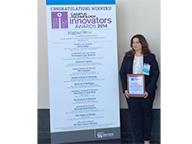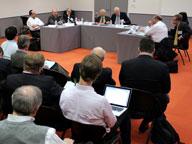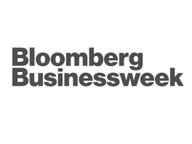Research Center Events
—
NYU Start Up Job Expo 2012
—

The first NYU Start Up Job Expo, hosted by NYU Stern's Berkley Center for Entrepreneurship & Innovation, Office of Career Development, Career Center for Working Professionals and Entrepreneurs Exchange Club, as well as the NYU Wasserman Center for Career Development, the Wasserman Center for Career Development at NYU-Poly, the NYU Entrepreneurs Network and NY Tech Meetup, to be held on Thursday November 29. This event will provide students with a chance to connect with professionals in the entrepreneurial community, such as, ffVentures, Lore, Lot18, Quirky, TargetSpot, Venmo and Yipit.
Research Center Events
—

The first NYU Start Up Job Expo, hosted by NYU Stern's Berkley Center for Entrepreneurship & Innovation, Office of Career Development, Career Center for Working Professionals and Entrepreneurs Exchange Club, as well as the NYU Wasserman Center for Career Development, the Wasserman Center for Career Development at NYU-Poly, the NYU Entrepreneurs Network and NY Tech Meetup, to be held on Thursday November 29. This event will provide students with a chance to connect with professionals in the entrepreneurial community, such as, ffVentures, Lore, Lot18, Quirky, TargetSpot, Venmo and Yipit.



















